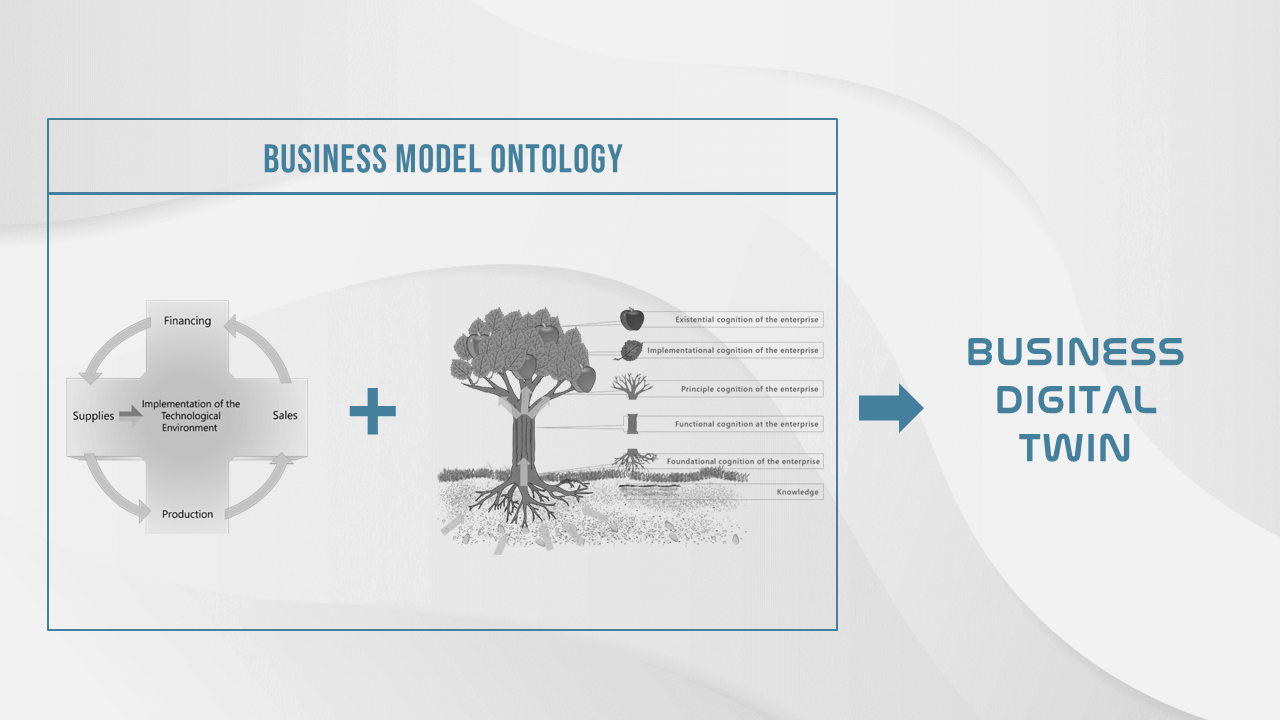About us:
At the heart of ISEE’s mission lies the vision to revolutionize the way we manage our business enterprises. Our goal is to provide organizations with cutting-edge tools and knowledge, ultimately driving efficiency, innovation, and sustainable growth. ISEE’s ultimate vision is to develop the very first Global Standardization and Certification System of industrial management. This vision is only achievable with a solid and comprehensive scientific management foundation in the face of a Business Model Ontology that defines the universal principle setup and way of functioning of any enterprise.
The three main objectives of ISEE are:

Business Model Ontology (BMO):
A Novel Idea
BMO is our foundation. BMO is a conceptual framework that captures the essence of how businesses operate. It incorporates an understanding of the intricate relations between people, processes, and technology. Our mission is to embed BMO into the fabric of enterprise thinking and education, to make it as fundamental as the anatomical and physiological model in medicine. Learn more in the Discoveries section.



Business Digital Twin (BDT): A Paradigm Shift
ISEE’s mission is expanding into development of educational materials and technologies for quick implementation of the Business Digital Twin, which in turn will allow for the quick and efficient mass dissemination of both the BDT system, and the knowledge for Business Model Ontology. The new strategic goal is the mass dissemination of the knowledge for BMO amongst the universities and the business organizations, and its gradual development into a worldwide standard for management.

Bridging Theory and Practice: Education and Dissemination
Education is everyone’s pillar. We’re creating educational materials and technologies that bridge the gap between theory and practice. Imagine a six-month course that equips professionals with BDT and BMO expertise – an understanding that surpasses traditional economics degrees and nurtures Systemic Economic Engineers. Learn more in the section Discoveries and Research